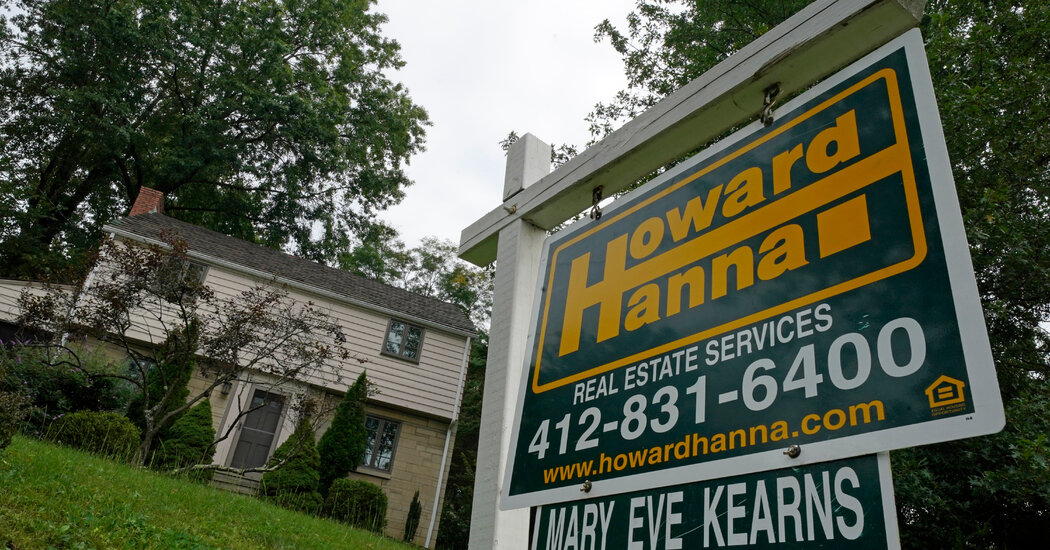Housing costs jumped last month, as higher prices continued to constrain aspiring home buyers and push up the demand for apartment and home leases.
Rent costs rose 0.4 percent in December, according to government data released on Wednesday, helping to drive the Consumer Price Index up 7 percent in the year through December.
Rent, along with “owners’ equivalent rent” — a measure that tries to put a price on how much homeowners would pay for housing if they hadn’t purchased their home — make up about a third of the index, so they are a key component of inflation.
The relentless increase in housing costs, which typically move slowly and remain high once they rise, could continue to put pressure on the Federal Reserve because it could prolong price gains. Rising rents also affect household budgets acutely and persistently, which contribute to feelings of economic unease that could spell trouble for Democrats heading into a midterm election year that will be pivotal for the fate of President Biden’s agenda.
The December data was a capstone to a buoyant year for the housing market after a weak 2020. Several factors have contributed to the surge, including that many would-be home buyers — often young adults eager for more space during the pandemic — found themselves on the sidelines as housing prices rose steeply during the pandemic. This kept more people in the rental market, leading to increased desire for rental apartments, homes and condominiums.
At the same time, supply chain issues and labor shortages continued to curtail the number of new houses and apartment buildings available, exacerbating the mismatch between housing supply and demand.
“Americans were playing musical chairs with their housing but more and more people kept joining into the game, and we had trouble building chairs because of lumber shortages,” said Igor Popov, the chief economist at Apartment List.
Unlike in 2020, when rental costs rose in more affordable markets and midsize suburbs but fell in big cities such as New York, rents in 2021 “went up dramatically basically everywhere,” Mr. Popov said.
There may not be much relief for renters this year, either. Apartment List’s real-time rent tracker showed that the market began to cool down at the end of the year. Many economists anticipate that the rate of growth may slow, but they expect rental costs overall to continue to rise.
“My gut feeling is that the pace of appreciation is going to be slower in 2022 than it was in 2021,” said Jeff Tucker, a senior economist at Zillow. “But I don’t see rents actually dropping or getting more affordable.”
That could be particularly frustrating for people who would have become homeowners if they could have afforded it. Unable to buy a home, they may now be equally unlucky with rent, as landlords continue to do away with pandemic-era rent concessions and raise rents because of increased demand.
For those people, navigating the housing market this year “is going to really sting a lot more,” Mr. Tucker said.
“The cost of rent is rising so a lot of people will feel caught between a rock and a hard place or between a frying pan and a fire,” he added.


























